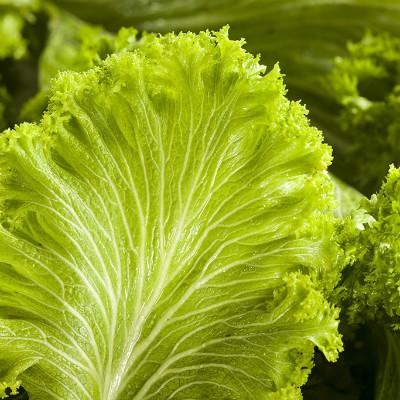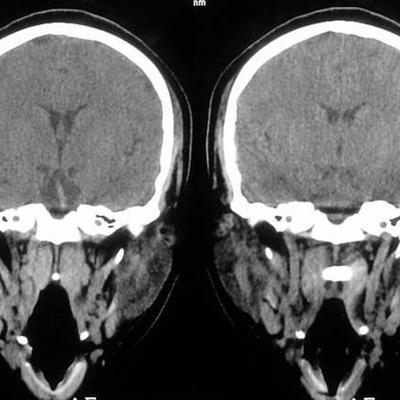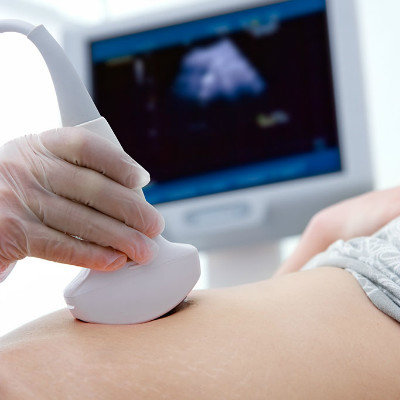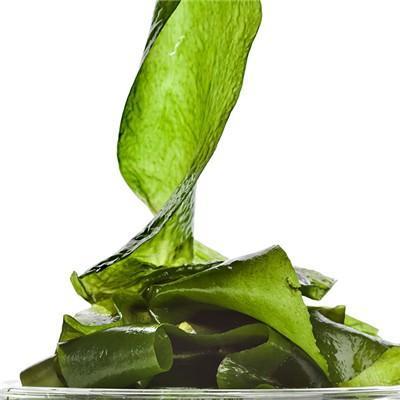What symptom is nasopharynx cancer?
summary
The early symptoms of diseases like nasopharyngeal carcinoma are very hidden and not easy to be found. The main symptoms of nasopharyngeal carcinoma include nosebleed, runny nose, obstruction of hearing due to nasal obstruction or obstruction of eustachian tube, etc. in fact, it is good for us to understand the symptoms of nasopharyngeal carcinoma, and the biggest advantage is to help us discover our illness in time, Only in this way can patients suffer less. What symptom is nasopharynx cancer? Let's talk about it.
What symptom is nasopharynx cancer?
Patients with nasopharyngeal carcinoma often have ear symptoms. Ear cry, hearing loss, sense of occlusion in ear: when nasopharyngeal carcinoma occurs in the lateral wall of nasopharynx, lateral fossa or the upper lip of eustachian tube opening, the tumor compresses eustachian tube, which can produce unilateral ear cry, hearing loss, and catarrhal otitis media. One of the early symptoms of nasopharyngeal carcinoma is unilateral aural call or hearing loss and sense of occlusion.
Facial numbness is one of the symptoms of nasopharyngeal carcinoma. Refers to facial skin paralysis, clinical diagnosis examination: pain and tactile decline, dissipation. The first or second branch of trigeminal nerve was often damaged when the tumor invaded cavernous sinus; When the tumor invades foramen ovale, anterior styloid process and the third branch of trigeminal nerve, it often causes skin paralysis in the anterior part of auricle, temporal part, buccal part, lower lip and chin.
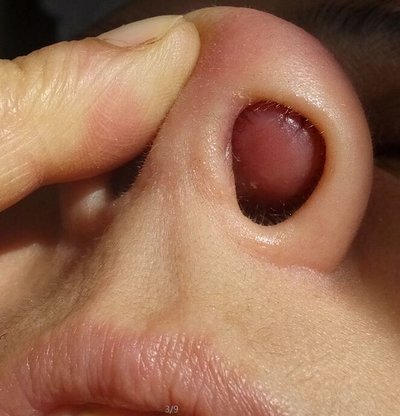
Nasopharyngeal carcinoma can cause headache. Headache is often unilateral migraine, located in the frontal, temporal or occipital. Light headache without treatment, heavy need to take painkillers, or even injection pain needle. There are many causes of headache, but one of them is cranial nerve invasion or skull base bone damage. The headache of advanced nasopharyngeal carcinoma may be caused by trigeminal nerve, the first peripheral nerve and stimulation reflex in dura mater.
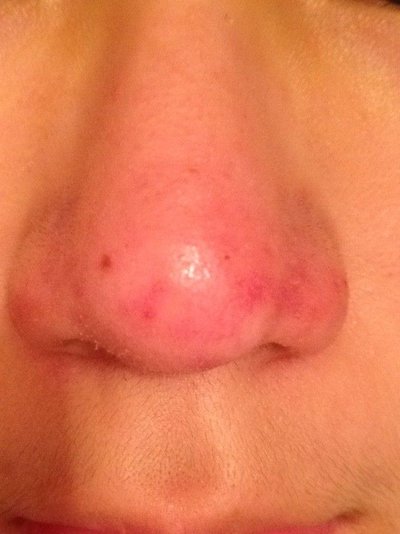
matters needing attention
In life, we should pay more attention to observe our own body, and choose the appropriate treatment plan to treat the disease. After the treatment of nasopharyngeal carcinoma, we also need regular review, which is very important. In fact, the symptoms of nasopharyngeal carcinoma are more obvious, but because these symptoms are similar to otitis media, rhinitis and other common diseases, it is also easier for patients to ignore or wrong treatment. In view of this phenomenon, the only way is for patients to see a doctor in time to confirm the disease. Improper diet is easy to cause adverse effects on the treatment of nasopharyngeal carcinoma. In the daily diet, patients with nasopharyngeal carcinoma should be light, supplemented with sweet and cold food, detoxification and detumescence, such as soybean milk, pear juice, carrot juice, lotus root juice, sugarcane juice, water chestnut (horseshoe) juice, lotus seed, mung bean, wax gourd, watermelon, mushroom, tremella, turtle, oyster, lean pork, duck Eggs, etc. Commonly used drugs and food are Maogen juice, reed root, sweet almond, dashengdi, polygonatum, Dendrobium, jujube, raw chestnut, mungbean water, water chestnut, white radish, pear, orange, hawthorn, etc. For the treatment of nasopharyngeal carcinoma, we should choose the appropriate therapy. Because multicellular immunotherapy is to use patients' autoimmune cells to fight cancer, it has no rejection and side effects, which is greatly different from the previous treatment mode of "killing cancer by one thousand, self damaging by eight hundred". It is safe and has little side effects. It is really "green anti-cancer".





